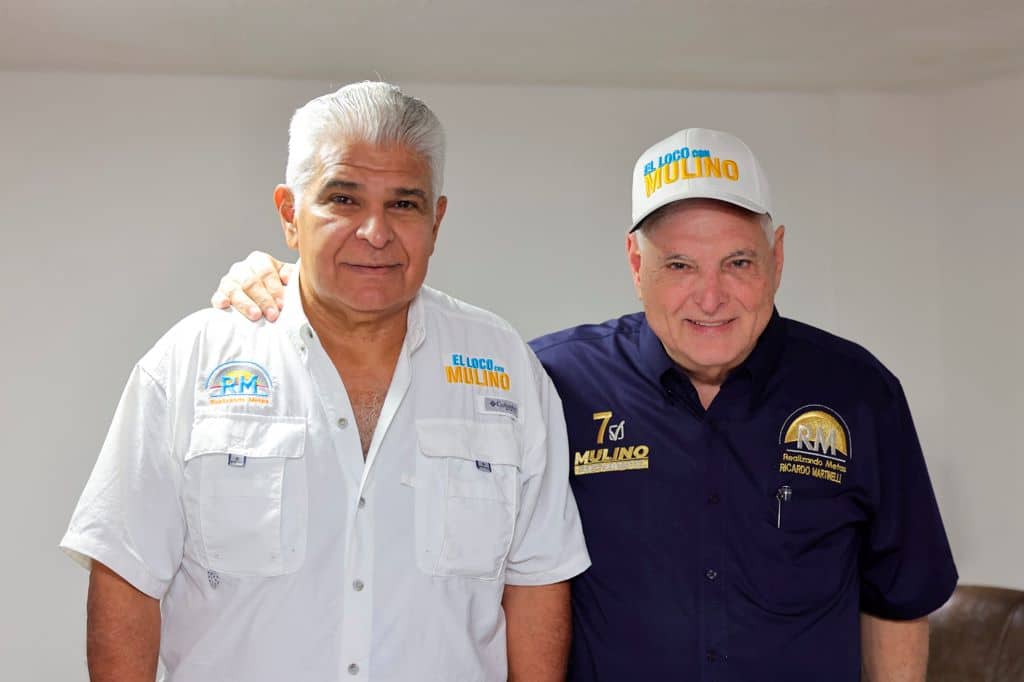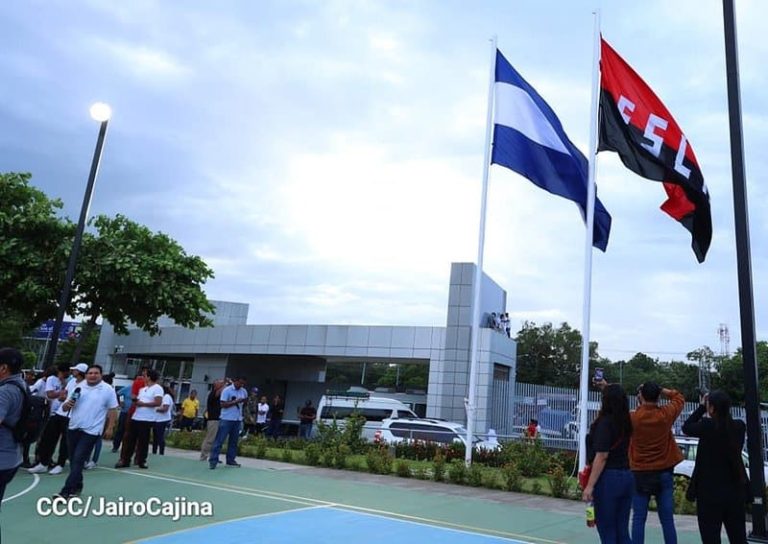2 de abril 2024

Martinelli’s Stand-In Jose Mulino Wins Panama Presidency

PUBLICIDAD 1M
PUBLICIDAD 4D
PUBLICIDAD 5D
All publications over the forty-year history of the magazine from the now-shuttered Central American University (UCA) can be found at revistaenvio.org

Although the government’s “Casimiro Sotelo” university has meant a loss of the UCA’s academic excellence, this week the complete digital collection of Envio Magazine was once more made accessible to the public.
Since classes began at the “new” state-run “Casimiro Sotelo University,” hastily inaugurated on the confiscated campus of the former Central American University (UCA), there’s been an almost total lack of information about it. Due to the control the dictatorship now exerts over the university campus, there’ve been only sporadic reports of a slump in pedagogical quality. The UCA, a private Jesuit-run university which had been in existence since 1960, was confiscated in August 2023.
All that’s known about the “Casimiro Sotelo,” outside of scarce official information, comes from reports passed mouth to mouth in Managua about the controls established at the university entrance, where free circulation isn’t even permitted on its extensive campus. When students request information, the administrative authorities don’t know the answers; and there are professors who confess to their students that they’re not experts on the subjects they’re teaching.
But almost everything else is unknown. Those wondering what state the Molecular Biology Center, or the Institute for Nicaraguan and Central American History, or the Center for Malacology (study of mollusks) might be in, have no way of finding out.
Amid so much opacity, one piece of good news has been announced: in the end, the Central American University has managed to conserve internet access to the complete archives of Envio Magazine.
The contents of 40 years of monthly issues of Envio that the University published in Spanish and English are now available to readers at a new web address: revistaenvio.org.
The Central American University also managed to conserve the same search engine that – although somewhat dated – has for years facilitated the work of researchers and students who wish to search the articles by author, topics, and areas.
In this way, a valuable archive of information on Nicaragua and Central America is available for those wanting to delve into history.
In the issues from the 80s, Envio preserves an abundance of information, clearly slanted by the effects of the war in those years. The issues from the 90s and the years prior to 2006, have valuable information on the end of the war, the pacification of the country, and the advances and setbacks of the democratic processes that were underway – not only in Nicaragua, but also in other Central American countries.
For example, the collected editions of Envio contain over 150 articles by the recently deceased researcher Jose Luis Rocha, writing on diverse socioeconomic and political topics.
Those who would like a closer look at the evolution of the process that ended with the conviction for drug trafficking and sentence of life in prison for former Honduran president Juan Orlando Hernandez will find a great deal of information in Envio. Those interested in learning about the scientific community’s efforts to warn of the disaster posed by the proposed Inter-oceanic Canal in Nicaragua can have recourse to Envio, along with those seeking information about migration, gangs or deforestation in Nicaragua and Central America.
The same is true for a great variety of social, scientific, economic, environmental, and cultural topics as well. A search of the pages of Envio by author will allow researchers to hear the voices of hundreds of Nicaraguans who have made their mark on national life.
The final stage of the magazine ran from the 2006 elections until June 2021, when due to the escalation of the government’s repression of free expression, Envio found itself forced to suspend publication. Each issue from this period contains a monthly analysis, with news, reflections, investigations, and documents that allow the reader to better understand the step-by-step process that has brought us to the crisis we’re living through today in Nicaragua.
This article was published in Spanish in Confidencial and translated by Havana Times. To get the most relevant news from our English coverage delivered straight to your inbox, subscribe to The Dispatch.
PUBLICIDAD 3M
Confidencial es un diario digital nicaragüense, de formato multimedia, fundado por Carlos F. Chamorro en junio de 1996. Inició como un semanario impreso y hoy es un medio de referencia regional con información, análisis, entrevistas, perfiles, reportajes e investigaciones sobre Nicaragua, informando desde el exilio por la persecución política de la dictadura de Daniel Ortega y Rosario Murillo.
PUBLICIDAD 3D